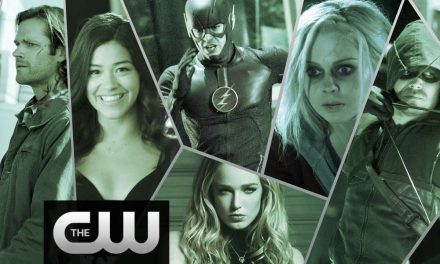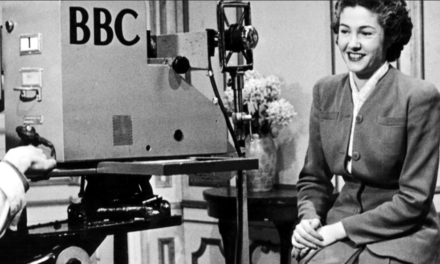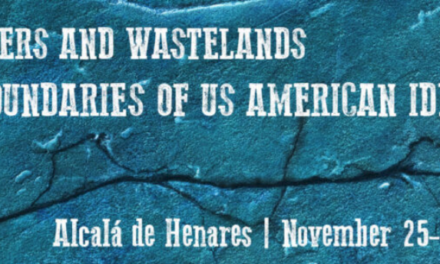The last few years have seen a resurgence of interest in the nuclear – as both material reality and cultural phenomenon. On the one hand, the war in Ukraine has evoked memories of the Chernobyl (1986) and Fukushima (2011) disasters besides displaying the extent of globally dispersed nuclear weapon proliferation since the end of the Cold War. On the other hand, politicians and economists are debating nuclear technology as a sustainable alternative to carbon-intense and fossil-based forms of energy. At the same time, popular texts such as the Oscar-winning movie Oppenheimer (2023) indicate a renewed fascination with nuclear capabilities and post-apocalyptic scenarios. Have we entered a new nuclear age, or have we never truly been post-nuclear?
In this workshop, we aim to probe representations of the material traces and cultural legacies of the nuclear since the 1980s. The 1980s mark not only the final years of the Cold War but also a heightened public awareness of toxic substances, natural catastrophes, environmental degradation, and the consequent need to engage climate change and related environmental phenomena as global concerns. Scholarship has, with few exceptions, only recently begun to explore the institutional, material, and conceptual intersections of the nuclear, nuclear cultures, and environmental dynamics (DeLoughrey 2013, 2019; Daw 2018). From a cultural perspective, the nuclear raises questions about its representability, specifically about the modes and forms of representation that can capture both the scalar complexities of material omnipresence and imaginations of the nuclear as a phenomenon. This interest in modes and forms of representation hinges on a more widespread interest within but not restricted recent ecocritical and Environmental Humanities scholarship in questions of form (Vermeulen 2020) and modes of representation – therein aligning with a broader shift in critical thinking towards new formalist methods (Levine 2015, 2023).
In this workshop, we are particularly interested in the nuclear as a structuring principle that shapes representations of environmental crises in cultural productions from the late 1980s onwards. We invite papers in English that bring together the nuclear with environmental concerns and questions of form.
Contributions may focus on but are not limited to the following themes:
- diachronic or synchronic perspectives on representations of the nuclear
- transatlantic or transpacific perspectives on representations of the nuclear
- narratives of nuclear disaster, catastrophe, and apocalypse; toxicity, contamination, sacrifice
zones - risk narratives
- nuclear ecologies
- temporalities of the nuclear (foreclosure, endings, slow violence, eventfulness, etc.)
- scales of the nuclear
- the nuclear mundane
- the nuclear Anthropocene
- the nuclear as an archive of environmental change
- continuities of discourses of radiation and infection
The workshop is planned to take place digitally via Zoom on November 15, 2024. There is no attendance fee. If you’re interested in taking part, please submit a proposal (c. 300 words) and a short bio to the organizers Lena Pfeifer (lena.pfeifer@uni-wuerzburg.de) and Annika M. Schadewaldt (annika.schadewaldt@uni-leipzig.de) by July 12.





